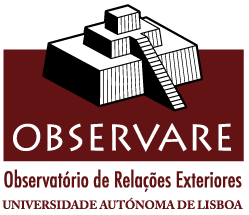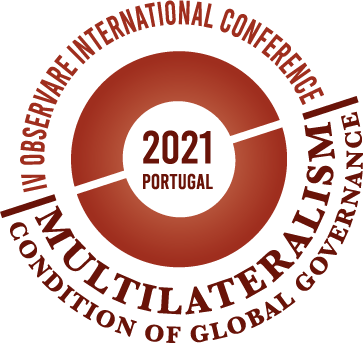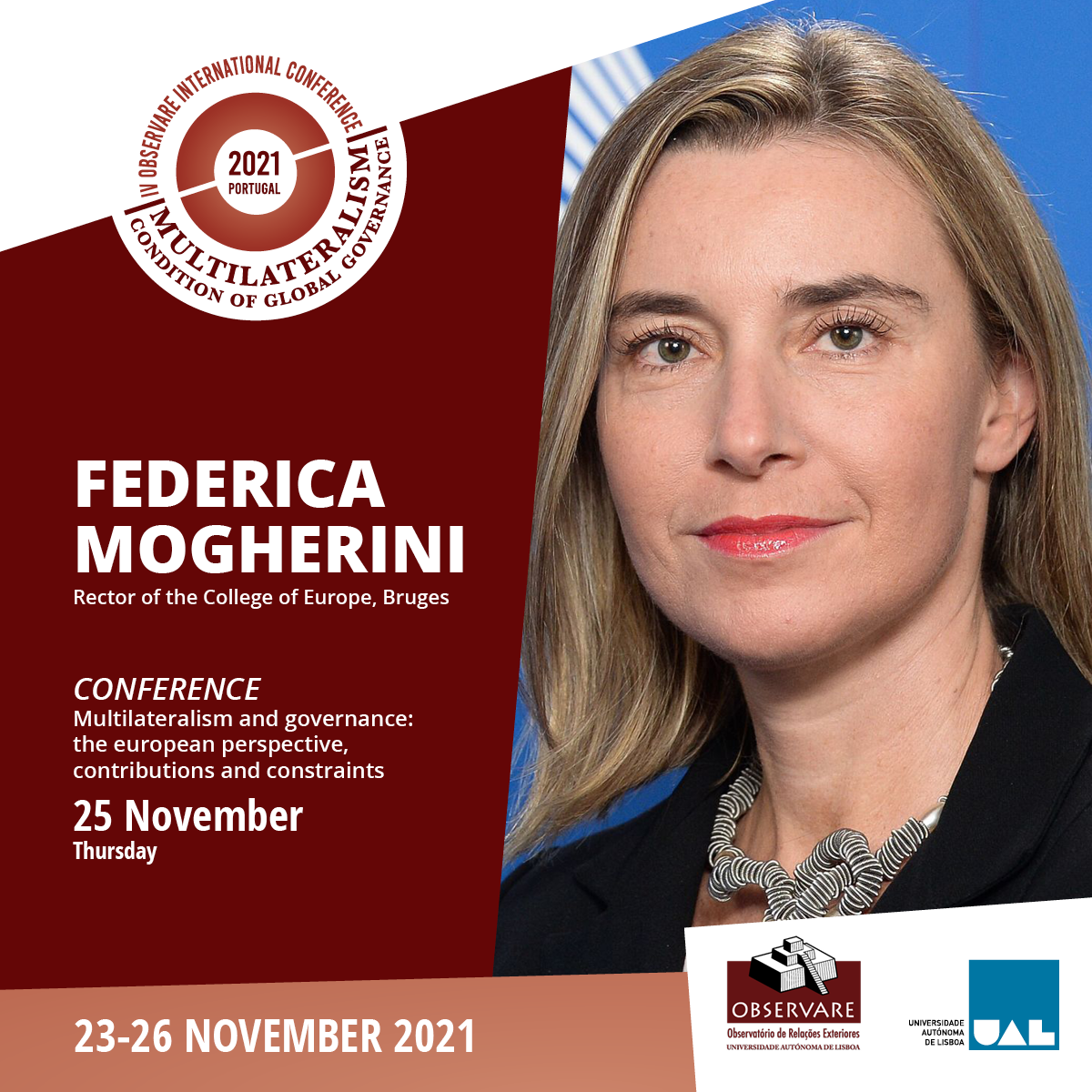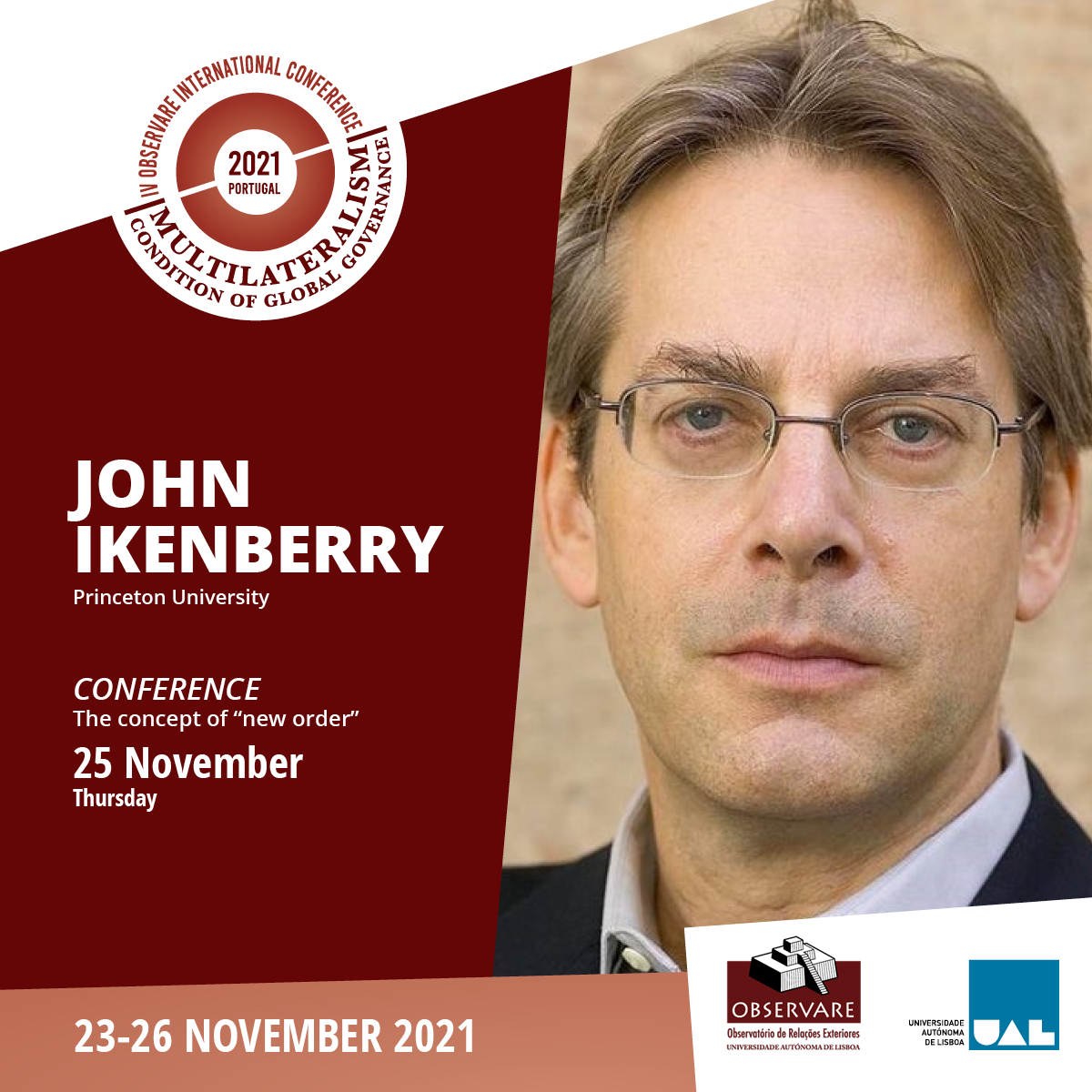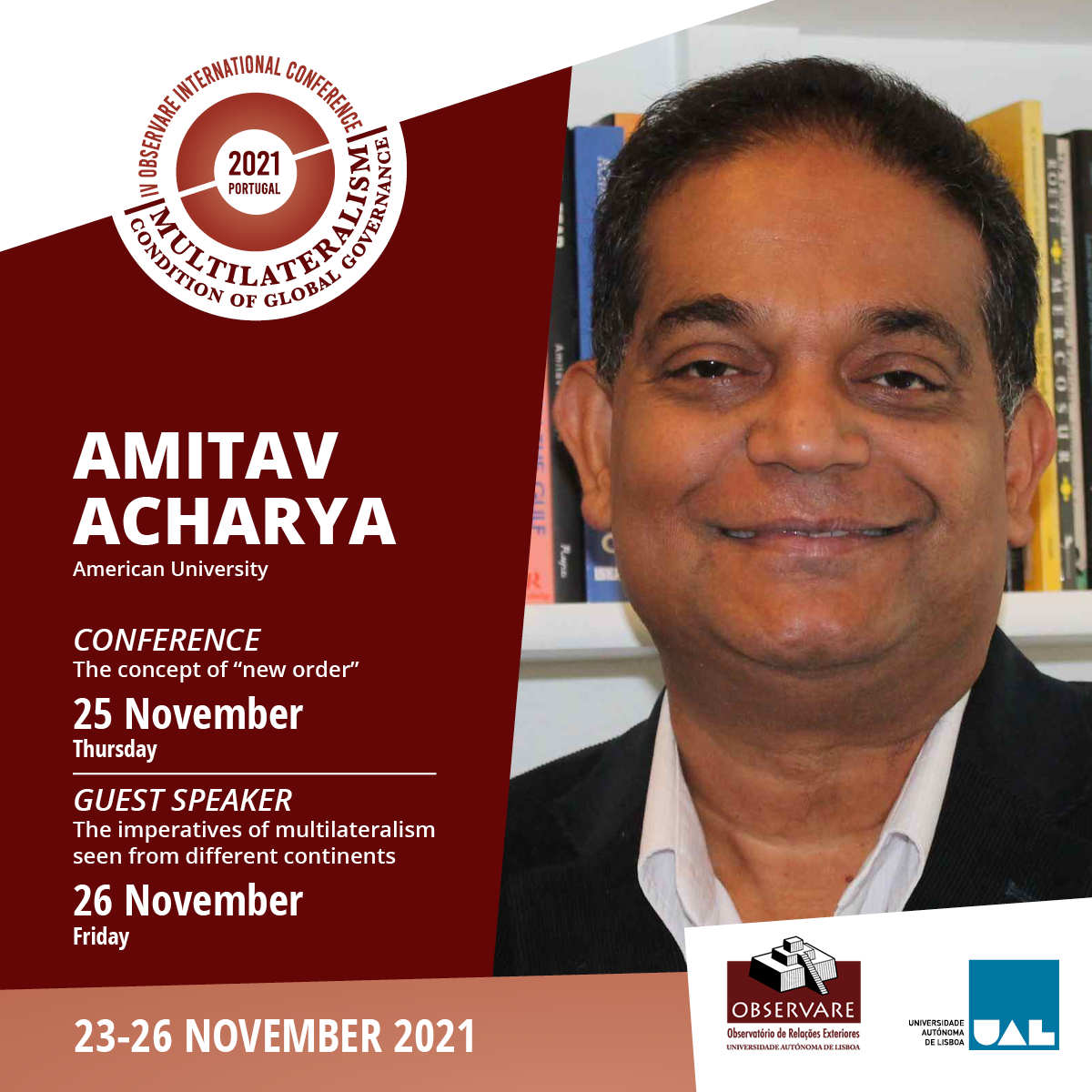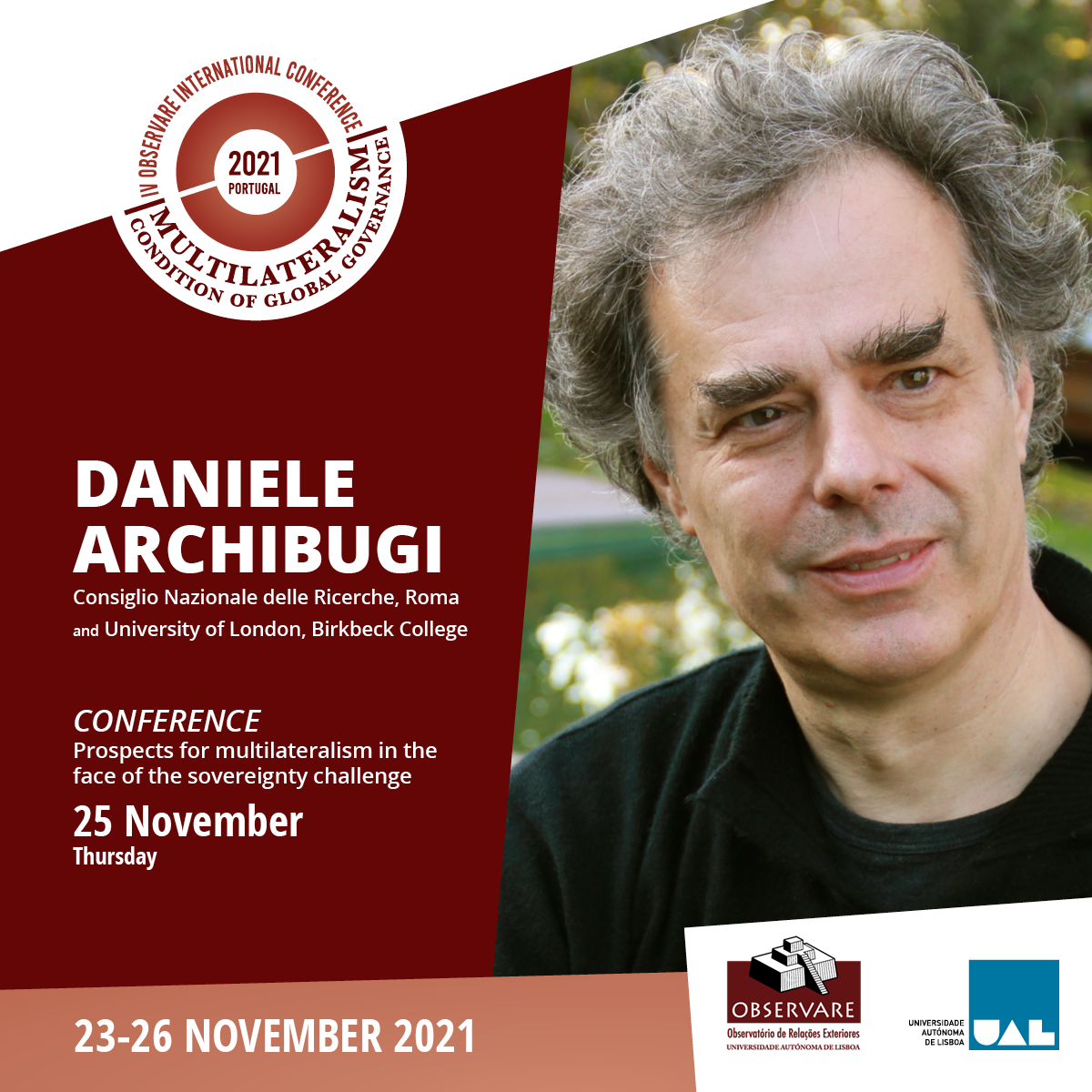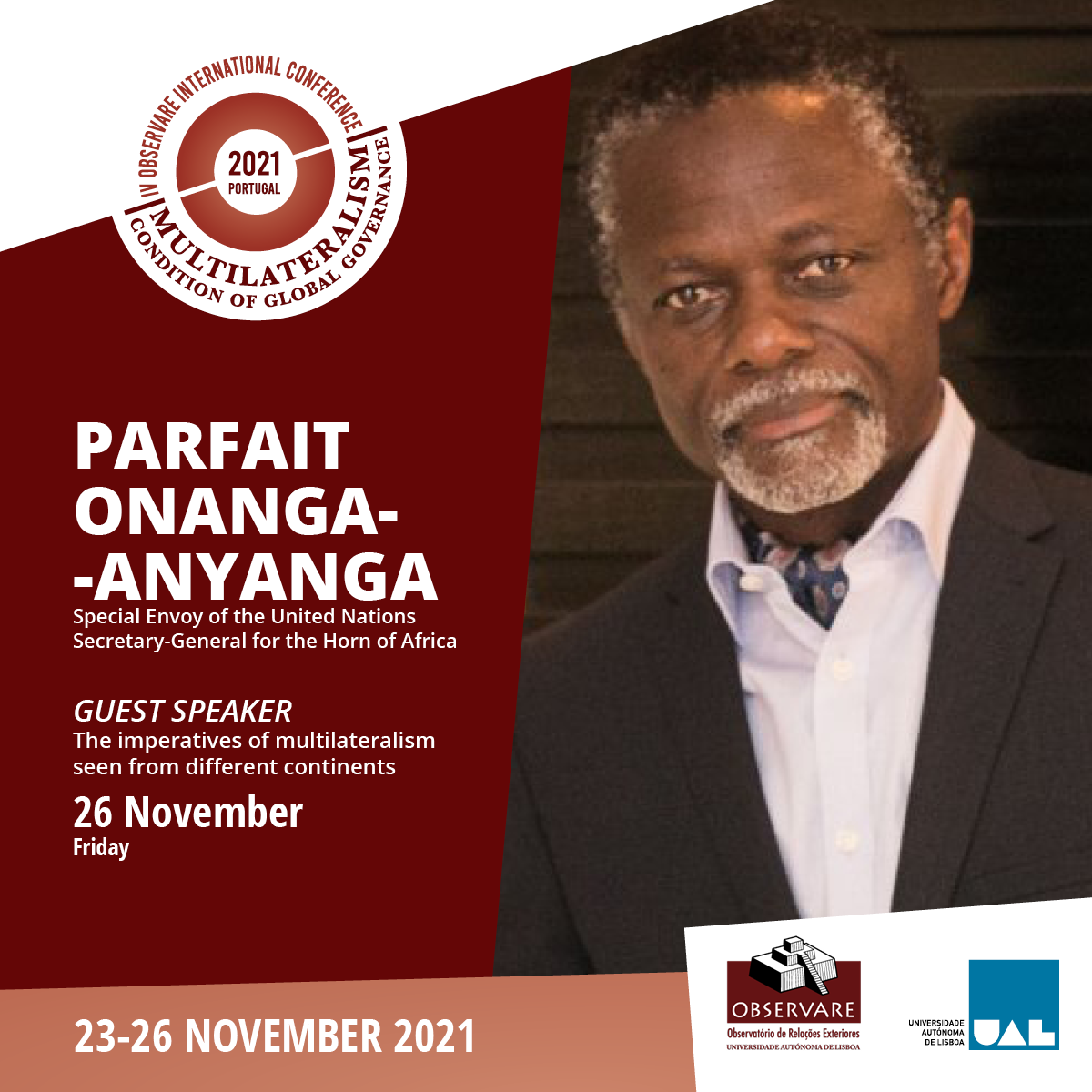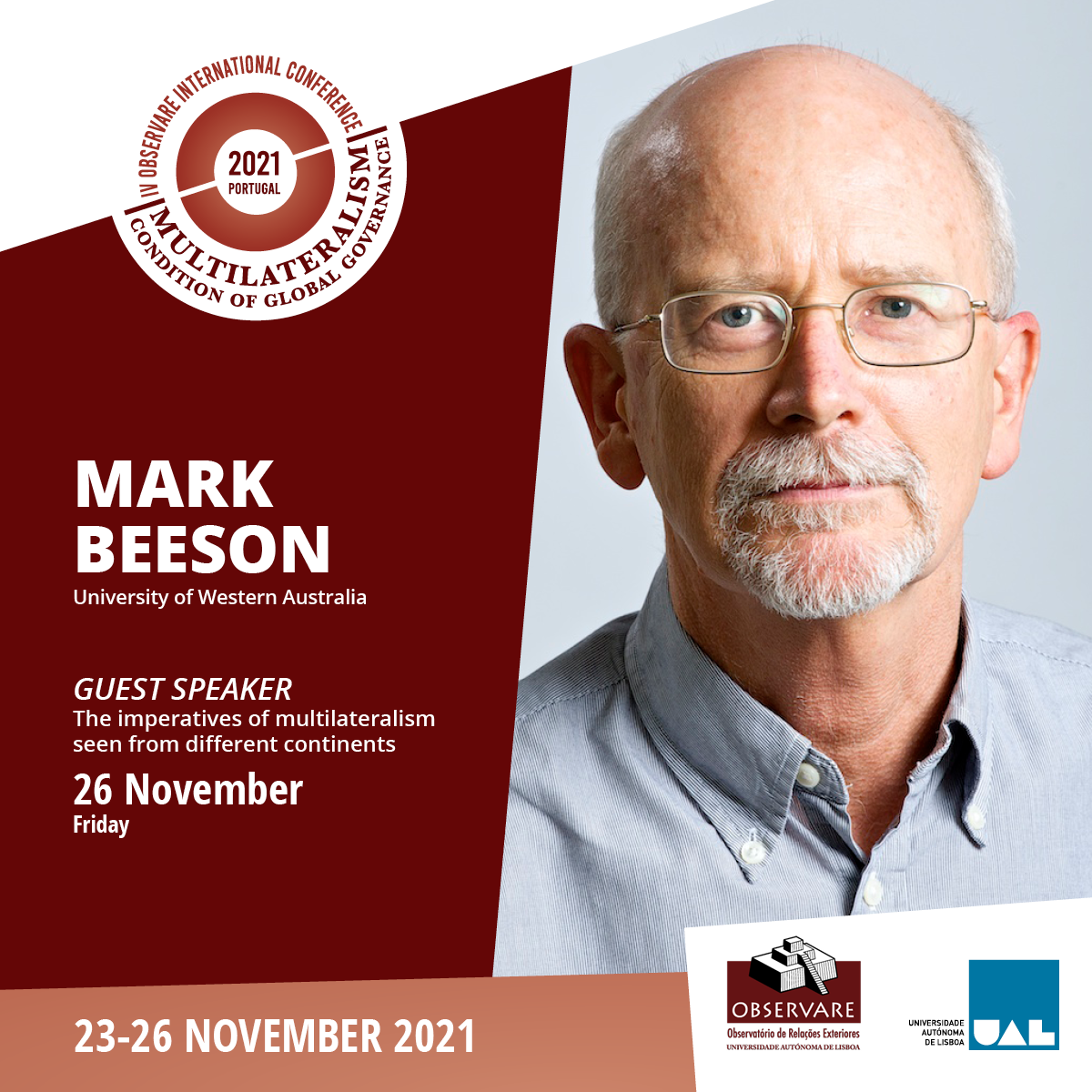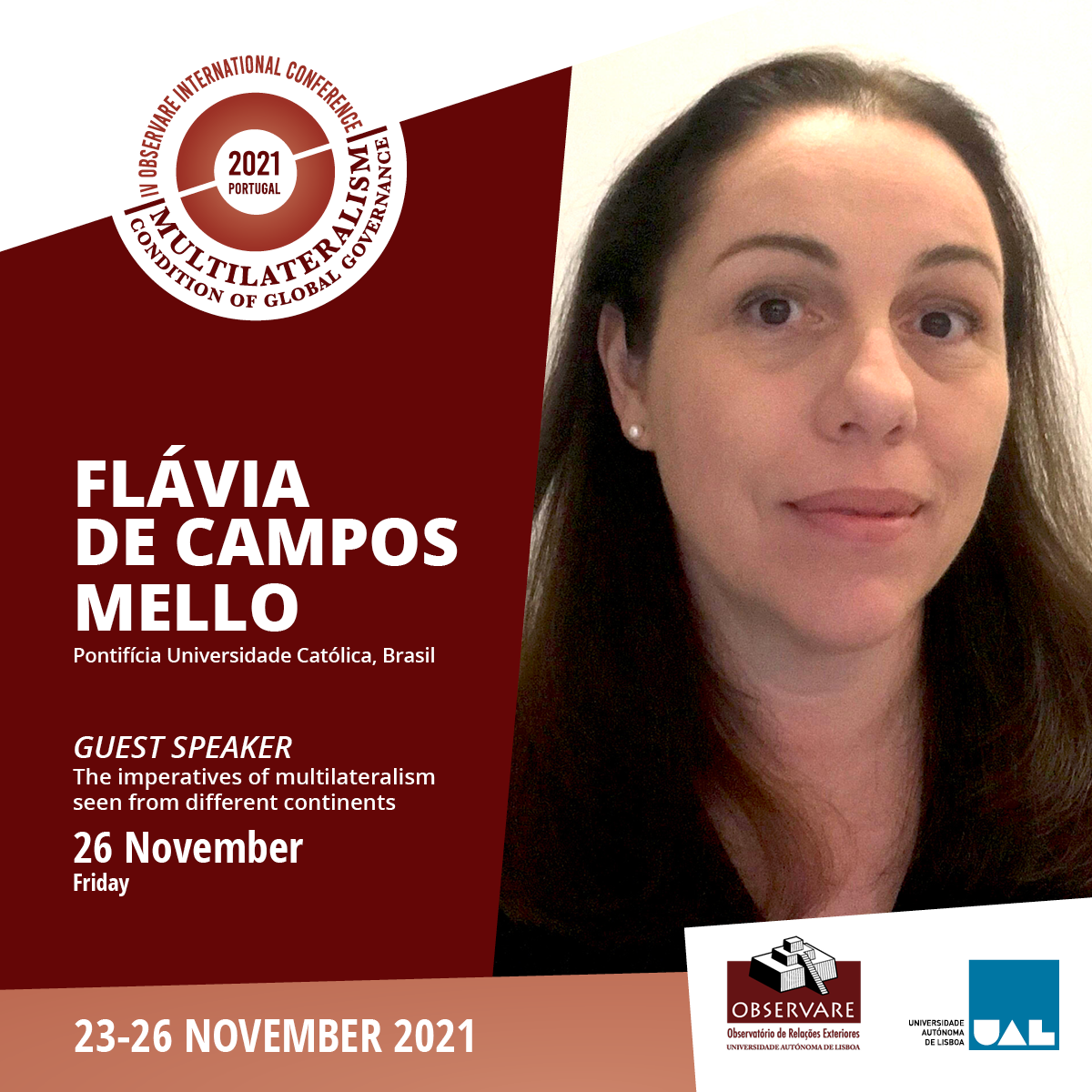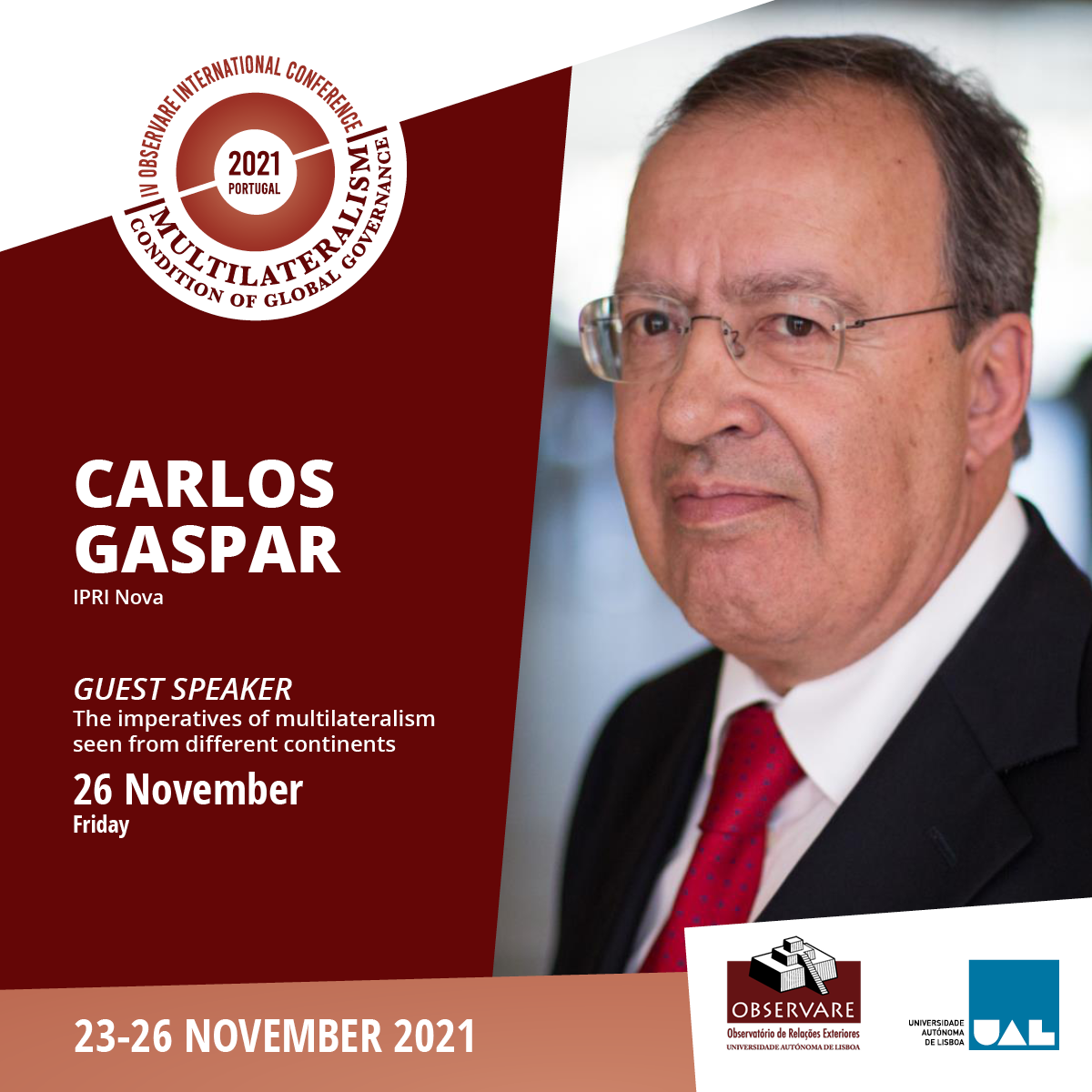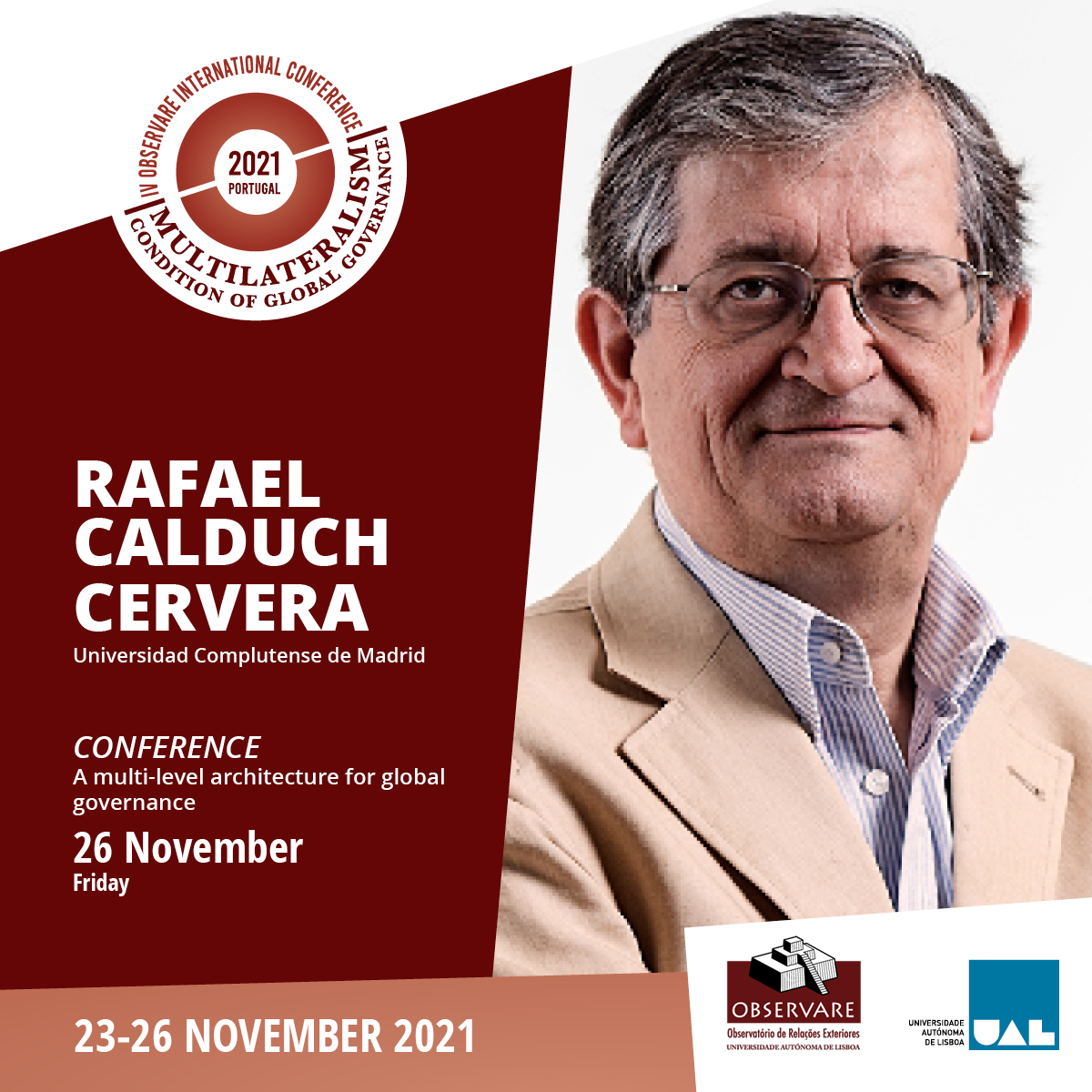Federica Mogherini is the Rector of the College of Europe since September 2020.
She has co-chaired the United Nations High Level Panel on Internal Displacement from January 2020 until September 2021.
Previously she has served as the High Representative of the European Union for Foreign Affairs and Security Policy and Vice-President of the European Commission, from 2014 to 2019.
Prior to joining the EU, she was Italian Minister for Foreign Affairs and International Cooperation (2014), and a Member of the Italian Chamber of Deputies (2008-14). In her parliamentary capacity, she was Head of the Italian Delegation to the NATO Parliamentary Assembly and Vice-President of its Political Committee (2013-14); member of the Italian Delegation to the Parliamentary Assembly of the Council of Europe (2008-13); Secretary of the Defence Committee (2008-13); and member of the Foreign Affairs Committee. She also coordinated the Inter-Parliamentary Group for Development Cooperation.
Federica Mogherini is a Fellow of the Harvard Kennedy School. She is also a member of the Board of Trustees of the International Crisis Group, Fellow of the German Marshall Fund, member of the Group of Eminent Persons of the Preparatory Commission for the Comprehensive Nuclear Test Ban Treaty Organization, member of the European Leadership Network for Multilateral Nuclear Disarmament and Non-Proliferation, and member of the Board of Directors of the Italian Institute for Foreign Affairs (IAI). She has a degree in Political Science from the University of Rome “La Sapienza”.
She was born in Rome in 1973, lives in Belgium and has two daughters.
John Ikenberry is the Albert G. Milbank Professor of Politics and International Affairs at Princeton University in the Department of Politics and the Princeton School of Public and International Affairs. He is also Co-Director of Princeton’s Center for International Security Studies. Ikenberry is also a Global Eminence Scholar at Kyung Hee University in Seoul, Korea. In 2018-19, Ikenberry was a Visiting Fellow at All Souls College, Oxford University. In 2013-2014 Ikenberry was the 72nd Eastman Visiting Professor at Balliol College, Oxford. Ikenberry is a Fellow of the American Academy of Arts and Sciences. In a recent survey of international relations scholars, Ikenberry was ranked in the top 10 in scholars who have produced the best work in the field of IR in the past 20 years, and ranked in the top 8 in scholars who have produced the most interesting work in the past 5 years.
Professor Ikenberry is the author of eight books, mostly recently A World Safe for Democracy: Liberal Internationalism and the Crises of Global Order (Yale 2020), and Liberal Leviathan: The Origins, Crisis, and Transformation of the American System (Princeton, 2011). His book, After Victory: Institutions, Strategic Restraint, and the Rebuilding of Order after Major Wars (Princeton, 2001), won the 2002 Schroeder-Jervis Award presented by the American Political Science Association for the best book in international history and politics. A collection of his essays, entitled Liberal Order and Imperial Ambition: American Power and International Order (Policy) appeared in 2006. Ikenberry is also co-author of Crisis of American Foreign Policy: Wilsonianism in the 21st Century (Princeton 2009), which explores the Wilsonian legacy in contemporary American foreign policy. Ikenberry has also the editor or co-editor of fourteen books, including America Unrivaled: The Future of the Balance of Power (Cornell, 2002), The End of the West? Crisis and Change in Atlantic Order (Cornell 2008) and Unipolarity and International Relations Theory (Cambridge, 2011). Ikenberry has authored 130 journal articles, essays, and book chapters.
Professor Ikenberry is the co-director of the Princeton Project on National Security, and he is the co-author, along with Anne-Marie Slaughter, of the final report, Forging a World of Liberty Under Law. Among his many activities, Professor Ikenberry served as a member of the Policy Planning Staff in 1991-92, as a member of an advisory group at the State Department in 2003-04, and as a member of the Council on Foreign Relations Task Force on U.S.-European relations, the so-called Kissinger-Summers commission. He is also a reviewer of books on political and legal affairs for Foreign Affairs.
Amitav Acharya is the UNESCO Chair in Transnational Challenges and Governance and Distinguished Professor at the School of International Service, American University, Washington, DC. He is the first non-Western scholar to be elected (for 2014-15) as the President of the International Studies Association (ISA), the largest and most influential global network in international studies. Previously he was a Professor at York University, Toronto and University of Bristol, U.K.
He was the inaugural Nelson Mandela Visiting Professorship in International Relations at Rhodes University, South Africa, the inaugural Boeing Company Chair in International Relations at the Schwarzman Scholars Program at Tsinghua University, Fellow of Harvard’s Asia Center and John F. Kennedy School of Government, and Christensen Fellow at Oxford. His books include The Making of Global International Relations (Cambridge 2019: with Barry Buzan); Constructing Global Order (Cambridge 2018); The End of American World Order (Polity 2014, 2018); Why Govern? Rethinking Demand and Progress in Global Governance (editor, Cambridge 2016); The Making of Southeast Asia (Cornell 2013); Whose Ideas Matter (Cornell 2009); and Constructing a Security Community in Southeast Asia (Routledge, 2001, 2009, 2014). His essays have appeared in International Organization, International Security, International Studies Quarterly, Journal of Asian Studies, Foreign Affairs, Journal of Peace Research, International Affairs, and World Politics.
He has written op-eds for Financial Times, International Herald Tribune (now International New York Times) Washington Post, Times of India, Australian Financial Review, and other newspapers around the world, and appeared on news media such as CNN International, BBC TV and BBC World Service Radio.
He has received two Distinguished Scholar Awards from the ISA, one in 2015 from its Global South Caucus for his “contribution to non-Western IR theory and inclusion” in international studies, and another in 2018 from ISA’s International Organization Section that recognizes “scholars of exceptional merit…whose influence, intellectual works and mentorship will likely continue to impact the field for years to come”.
In 2020, he received American University’s highest honor: Scholar-Teacher of the Year Award.
Daniele Archibugi is a Research Director at the Italian National Research Council (CNR-IRPPS) in Rome, and Professor of Innovation, Governance and Public Policy at the University of London, Birkbeck College. He works on the economics and policy of science, technology and innovation and on the political theory of international relations. He has worked at the Universities of Sussex, Cambridge, London School of Economics, Harvard and Rome LUISS and gave courses at the SWEFE University of Chengdu and at the Ritsumeikan University of Kyoto.
He is an adviser to the European Union, Council of Europe, OECD, several UN agencies and various national governments. He has led many research projects for the European Commission and other international organizations. For the European Commission, he chaired the Expert Group on A Wide Opening of the European Research Area to the World, he was a member of the European Commission Global Europe 2030/2050 Expert Group and he coordinated the report The Contribution of the European Commission to Responsible Research and Innovation.
In the field of international political theory, with David Held he has advocated a cosmopolitan democracy (co-editing Cosmopolitan Democracy. An Agenda for a New World Order, Polity Press, 1995; and Re-imagining Political Community. Studies in Cosmopolitan Democracy, Polity, 1998; and authoring The Global Commonwealth of Citizens, Princeton UP, 2008). He has also worked on a greater involvement of transnational citizens to counter-balance the power of governments in world politics (editing Debating Cosmopolitics, Verso, 2003). His latest books are a critical assessment of international criminal justice (with Alice Pease, Crime and Global Justice. The Dynamics of International Punishment, Polity, 2018) and a plea to shape the European citizenship strategy (with Ali Emre Benli, Claiming Citizenship Rights in Europe. Emerging Challenges and Political Agents, Routledge, 2017).
Mr. Onanga-Anyanga brings with him extensive experience with the United Nations. He is currently Special Representative of the Secretary-General for the Horn of Africa. He served as Special Representative of the Secretary-General for the Central African Republic and Head of the United Nations Multidimensional Integrated Stabilization Mission in the Central African Republic (MINUSCA). In 2015, Mr. Onanga-Anyanga served as the Coordinator of the United Nations Headquarters response to the Boko Haram Crisis. Prior to this, he was Head of the United Nations Office in Burundi (BNUB) and System-Wide Senior Coordinator on Burundi (2012-2014).
From 2007 to 2012, he was the Director of the Office of the United Nations Deputy Secretary-General. Previously, Mr. Onanga-Anyanga was Special Adviser to the President of the sixtieth and sixty-first sessions of the United Nations General Assembly (2005-2007) as well as Chef de Cabinet to the President of the fifty-ninth session of the General Assembly (2004-2005).
From 1998 to 2004, he held a variety of political and managerial positions at the Preparatory Commission of the Comprehensive Nuclear Test-Ban Treaty Organization in Vienna and New York. Earlier in his career, he was acting Secretary of the United Nations Standing Advisory Committee for Security Questions in Central Africa and served as First Counsellor for Disarmament and Political Affairs at the Permanent Mission of Gabon to the United Nations in New York.
Mr. Onanga-Anyanga holds a post-graduate degree in political science from Paris 1 Pantheon-Sorbonne University, and a master’s degree in sociology from l’Université Omar Bongo in Libreville.
Mark Beeson is a professor of International Politics at the University of Western Australia. Before re-joining UWA in 2015, he taught at Murdoch, Griffith, Queensland, York (UK) and Birmingham, where he was also head of department. He has also had visiting positions in the UK, Austria, France, Germany, Russia, China and Hong Kong. His work is centred on the politics, economics and security of the broadly conceived Asia-Pacific region. He has written over 200 articles and book chapters, and is the author or editor of 22 books, the latest of which is Environmental Anarchy? International Security in the 21st Century, (Bristol: Bristol University Press), 2021.
Dr. Flavia de Campos Mello is a professor of international Relations at PUC-São Paulo, Brazil, and the director of the International Relations Research Unit. Her current research concentrates on Brazilian Foreign Policy and Global Governance. She is also a Board Member of the Brazilian Institute of Science and Technology for Studies on the United States.
Carlos Gaspar is a professor at Universidade Autónoma de Lisboa (UAL)-International Relations Department.
Senior Researcher, Instituto Português de Relações Internacionais, Universidade Nova de Lisboa (IPRI NOVA), and Associate Researcher at UAL’s OBSERVARE – Observatory of Foreign Relations. Senior Advisor, Instituto de Defesa Nacional. Senior Adviser, Fundação Oriente. Member of the European Council on Foreign Relations. Member of the Associação Portuguesa de Ciência Política. Member of the Real Instituto Elcano.
Political Advisor to President António Ramalho Eanes (1977-1986), President Mário Soares (1986-1996), and President Jorge Sampaio (1996-2006). Director of the Instituto Português de Relações Internacionais, Universidade Nova de Lisboa (2006-2011), and Professor of International Relations, Universidade Nova de Lisboa (2006-2020). He was a Research Fellow at the Instituto de Ciências Sociais, Universidade Nova de Lisboa, and taught international relations at several Portuguese universities since 1988.
He read Law and History at the Universidade Clássica de Lisboa, and holds a Master degree in International Relations from the Institut d’Études Politiques de Paris and a Doctoral degree in International Relations from the Universidade Nova de Lisboa. He has published several books, including O Pós-Guerra Fria (2016); A Balança da Europa (2017); Raymond Aron e a Guerra Fria (2018); O Regresso da Anarquia (2019); and O Mundo de Amanhã (2020).
Rafael Calduch Cervera is a full professor of Public International Law and International Relations since 2000, PhD in Political and Economic Science, specialising in politics, from the Universidad Complutense de Madrid and a diploma in Advanced Military Studies from the Centro Superior de Estudios de la Defensa Nacional (CESEDEN) in 1996.
Having more than 47 years of experience as a university professor, he is also a Professor at the Escuela Superior de las Fuerzas Armadas de España (2013-present) and at the Academia Militar de Saint-Cyr de Francia (2004-2006). Director of the Instituto Complutense de Estudios Internacionales (2000-2003), Director of the Department of Public International Law and International Relations at UCM since 2008 until 2012 and coordinator of the degree in International Relations at the Facultad de Ciencias Políticas y Sociología de la UCM (2009-2012 and 2016-2018) and Director of the Masters in International Relations and Communication at the Universidad Complutense de Madrid (1993-2011). Supervised 23 doctoral theses, all with maximum qualification. He is the author of 3 books and 50 scientific articles on international topics.
For 25 years he has collaborated as a commentator on International Politics in various national and foreign media. He holds the Cruz al Mérito Aeronáutico with the white badge from the Ministerio de Defensa de España, was a deputy in the Congress of Deputies during the 10th Legislature, directed the scientific journal Estudios Internacionalies Complutense for 12 years an is a founding partner of the consultancy firm International Political Risks Analysis S.L., specialising in the evolution of international political risks, where he continues to collaborate.
Mariano Aguirre is an independent analyst on international politics. He has been senior advisor on peacebuilding at the Office of the Resident Coordinator of the United Nations in Colombia (2017-19).
Previously, he was the director of the Norwegian Centre for Conflict Resolution (NOREF), in Oslo (2009-2016), program officer on peace and security with the Ford Foundation (New York), co-director of FRIDE (Madrid), director of the Peace Research Center (Madrid) and deputy director of the Transnational Institute (Amsterdam).
He is an associate fellow of Chatham House (London) and fellow of the Latin America Network of Sustainable and Inclusive Security (Friedrich Ebert Foundation) and board member of the Washington Office on Latin America (WOLA), Equitas Foundation (Chile) and the Human Rights Institute (Deusto University).
As a journalist and analyst, he has written, co-authored and edited several books, on issues ranging from neo-imperialism in fragile states, humanitarian intervention, exclusion and violence in the Global South and, most recently, on the domestic and international crisis of legitimacy in the United States.
Mariano is also a peace and security practitioner, with his work particularly on the Middle East and Latin America evolving around the concepts of state fragility, state and peace building, political dialogue and mediation, conflict prevention and stabilization.
He is a regular contributor to esglobal.org, Radio France International, OpenDemocracy, Política Exterior, BBC Mundo, Le Monde diplomatique, and other international media.
Aguirre holds an MPhil in Peace and Conflict Studies from Trinity College, Dublin.
He is professor of postgraduate studies at the Human Rights Institute at the Deusto University in Bilbao, University Castilla-La Mancha, and the School of Culture of Peace-Autonomous University of Barcelona.
He was awarded with the UAL Observare Prize 2014 in “recognition of an inspiring example of decades of dedication to the fundamental causes of our time”.
On 29 June 2018, António Vitorino was elected as the tenth Director General of the International Organization for Migration by its Member States, taking office on 1 October 2018.
António Vitorino has over 27 years of international and national political and academic experience, which brought him consistently in touch with the migration context.
He served as European Commissioner for Justice and Home Affairs, from 1999 to 2004. Prior to joining the European Commission, António Vitorino served as Deputy Prime Minister and Minister of National Defense of Portugal, from 1995 to 1997.
His solid political background includes tenures as Portugal’s State Secretary for Parliamentary Affairs (from 1983 to 1985), member of the Government of Macau in charge of Administration and Justice (from 1986 to 1987), member of the Portuguese Parliament (from 1980 to 2007), member of the European Parliament (from 1994 to 1995), where he chaired the Civil Liberties and Internal Affairs Committee in charge of Migration, Asylum, Justice and Fundamental Rights. During these years António Vitorino crafted leadership, management and negotiations skills at the highest level and developed in-depth knowledge of global and national migration contexts and related policy challenges.
He served as Judge of the Portuguese Constitutional Court from 1989 to 1994.
Aside from the extensive political and public service experience, António Vitorino is also an experienced lawyer and a renowned academic. For more than 25 years he served as Assistant Professor and Professor of Constitutional Law, International Human Rights Law, European Union Law on Justice and Home Affairs at the Lisbon Law School and Lisbon Nova University.
A fond promoter of civil society and private sector engagement, António Vitorino contributed to the work of prestigious think tanks and foundations. He was President of Notre Europe/Jacques Delors Institute in Paris (from 2011 to 2016), Board member of the Migration Policy Institute (MPI) in Washington, D.C. (from 2005 to 2013) and chaired the New York based Advisory Board of the International Migration Initiative (from 2015 to 2017). In Portugal, António Vitorino was Commissioner of the Gulbenkian Foundation Forum on Migration and the Civil Society Platform for the Integration of Migrants (from 2005 to 2007).
António Vitorino was also a member of the Washington D.C. based Transatlantic Council on Migration from 2007 to 2018.
In all these activities he has always been engaged in promoting ethic employment of migrants, as well as consistently advocating against inequalities, discrimination, violence and social exclusion endured by migrants, thus providing critical contributions to the development of comprehensive and inclusive public policies on migration.
António Vitorino was born in Lisbon, Portugal, in 1957 and holds a Master degree in Law and Political Science from the Lisbon Law School (1986). He is a member of the Portuguese Bar Association since 1982 and is fluent in Portuguese, English, French and Spanish.
23 and 24 November 2021 – programme exclusively online through Zoom
25 and 26 November 2021 – Hybrid programme. The basic working language will be English for the plenary sessions and simultaneous translation will be available.
